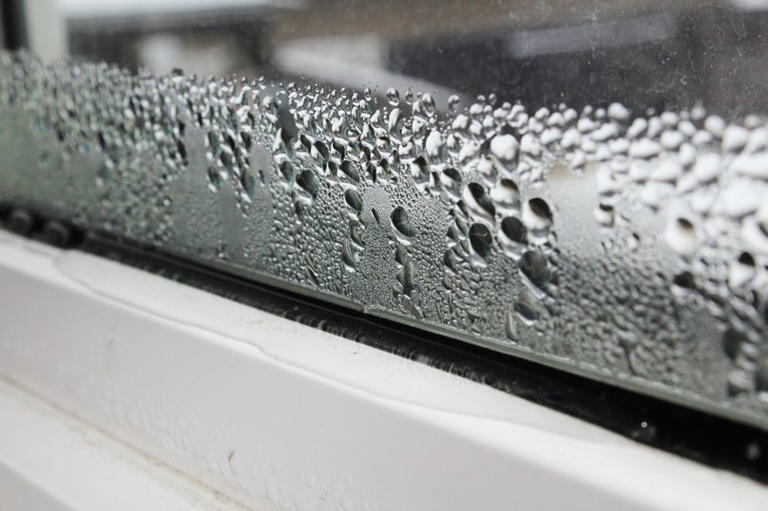The one rule to follow to prevent condensation build up - even on double glazing
As the cold weather looms, Brits will notice the build-up of condensation on their windows each morning - but there's one rule to stick by to avoid it happening.
Even though condensation doesn't seem like a big deal, the tiny water droplets can cause havoc if not treated properly and can lead to nasty mould growth on your windows which can cause a whole host of health issues. Condensation happens when the cool air outside hits the window and meets the warmer air inside - mostly in the bedroom. While double glazing can help, it's not going to banish it completely explained Allan Reid, the founder of Art Windows and Doors who claimed there is one important rule all homeowners should follow.
"While double glazing is effective in preventing some condensation, the colder conditions can, unfortunately, bring mould regardless. Whether you have single, double or triple-glazed windows, proper ventilation is always the best way to reduce condensation," the expert explained to The Star.
Other top tips Allan shared included replacing the air-tight seal between the layers of glass to "prevent water vapour". If the seal fails, it means there is no insulation and can lead to "draughts and chilly air". To replace the seal, the expert said they only cost £5-£10 per window.
Another tip Allan shared was to keep an eye on the paintwork around the window. If the paint starts to "chip, bulge or flake" it could be showing signs of condensation. "Whether moisture is trapped underneath the paint or the varnish begins sweating during the colder months, this can exacerbate condensation problems further. In addition, paint can often hide dampness, which is caused by condensation. By ignoring the flaking paint and continuing to replace it, you avoid treating the problem, allowing it to worsen."
To help avoid condensation forming, Allen suggested purchasing an extractor fan. He explained: "You can install an extractor fan directly into a double-glazed window (and even single-glazed windows) for a significant reduction in condensation. This is particularly effective for rooms prone to steaming, such as kitchens and bathrooms, with cooking and showering leading to an increase in water vapour." There is also the option of trickle vents which "aid the circulation of air" in your home which can help to reduce mould, condensation and dampness.
The expert also advised getting additional glazing which could also help to increase warmth. Allan stated that triple glazing is 40 per cent more "thermally efficient" than most uPVC double glazing.
